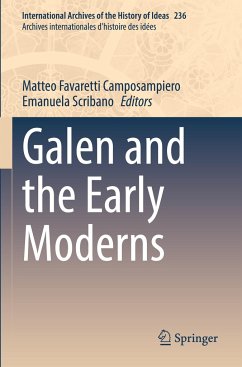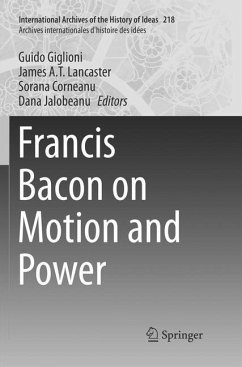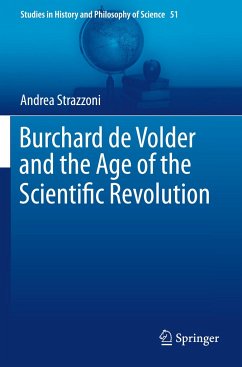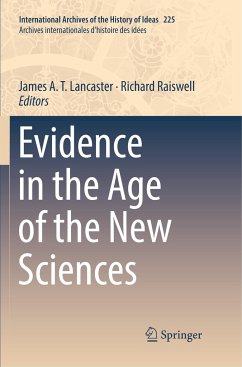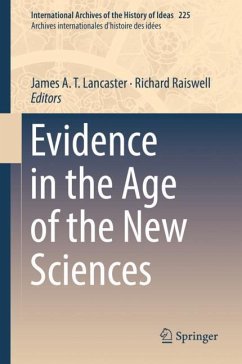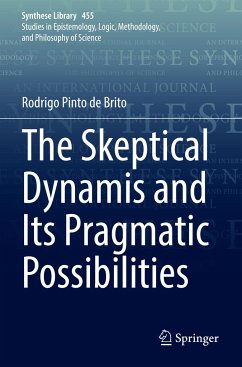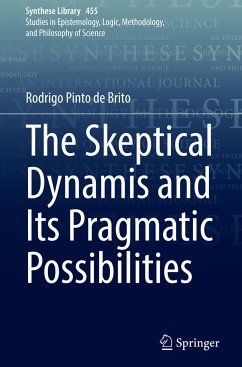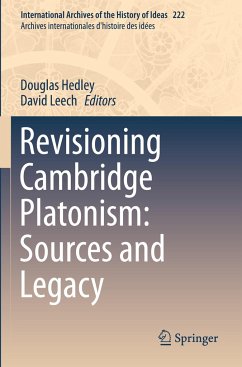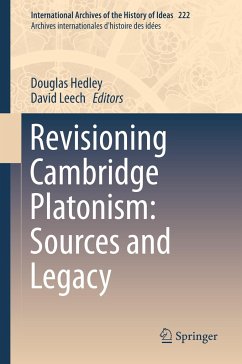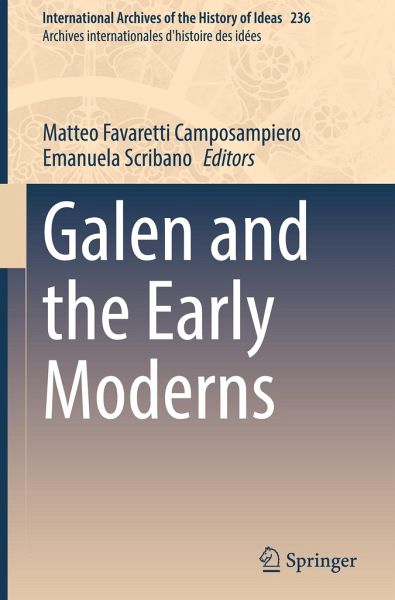
Galen and the Early Moderns

PAYBACK Punkte
53 °P sammeln!
This book explores the presence of Galen of Pergamon (129 - c. 216 AD) in early modern philosophy, science, and medicine. After a short revival due to the humanistic rediscovery of his works, the influence of the great ancient physician on Western thought seemed to decline rapidly as new discoveries made his anatomy, physiology, and therapeutics more and more obsolete. In fact, even though Galenism was gradually dismissed as a system, several of his ideas spread through the modern world and left their mark on natural philosophy, rational theology, teleology, physiology, biology, botany, and th...
This book explores the presence of Galen of Pergamon (129 - c. 216 AD) in early modern philosophy, science, and medicine. After a short revival due to the humanistic rediscovery of his works, the influence of the great ancient physician on Western thought seemed to decline rapidly as new discoveries made his anatomy, physiology, and therapeutics more and more obsolete. In fact, even though Galenism was gradually dismissed as a system, several of his ideas spread through the modern world and left their mark on natural philosophy, rational theology, teleology, physiology, biology, botany, and the philosophy of medicine. Without Galen, none of these modern disciplines would have been the same. Linking Renaissance with the Enlightenment, the eleven chapters of this book offer a unique and detailed survey of both scientific and philosophical Galenisms from the sixteenth to the late eighteenth century. Figures discussed include Julius Caesar Scaliger, Giambattista Da Monte, Hyeronimus Fabricius ab Aquapendente, Andrea Cesalpino, Thomas Browne, Kenelm Digby, Henry More, Ralph Cudworth, Robert Boyle, John Locke, Guillaume Lamy, Jean-Baptiste Verduc, Gottfried Wilhelm Leibniz, Christian Wolff, Julien Offray de La Mettrie, Denis Diderot, and Kurt Sprengel.





